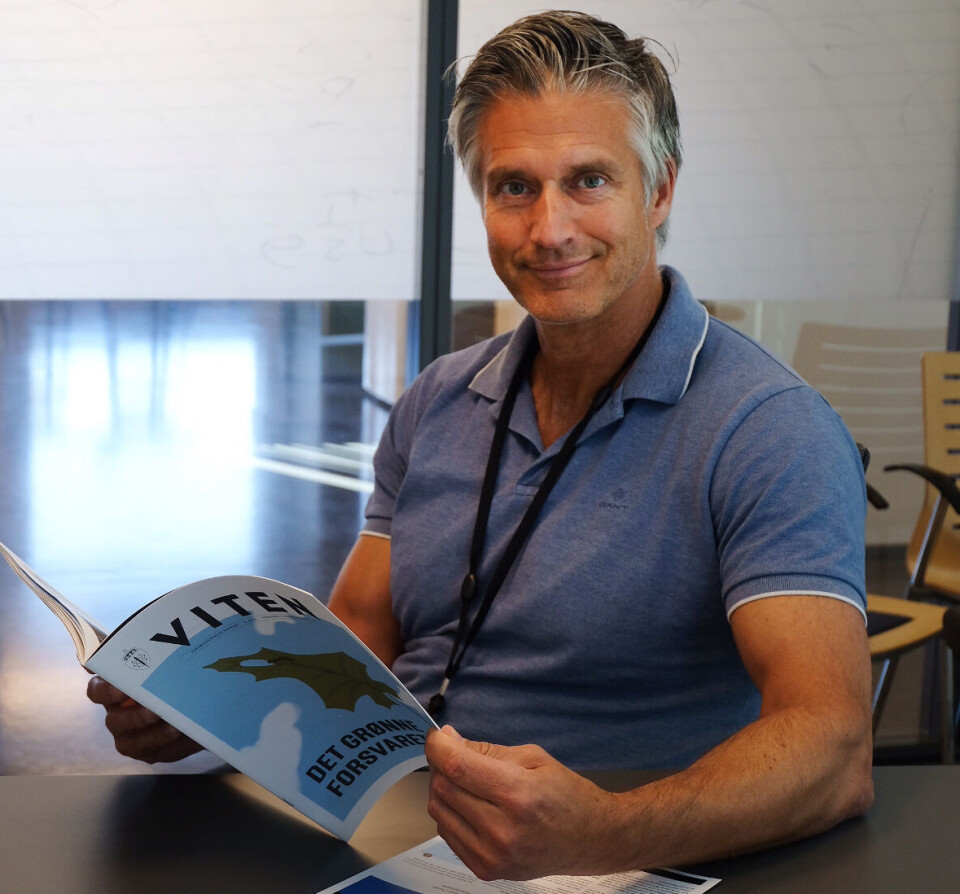
Researcher: The Armed Forces need to take climate change seriously
The military's massive fossil fuel consumption contributes to pollution, says researcher.
We are encouraged to recycle, use public transport, and buy second-hand goods. But what happens during war?
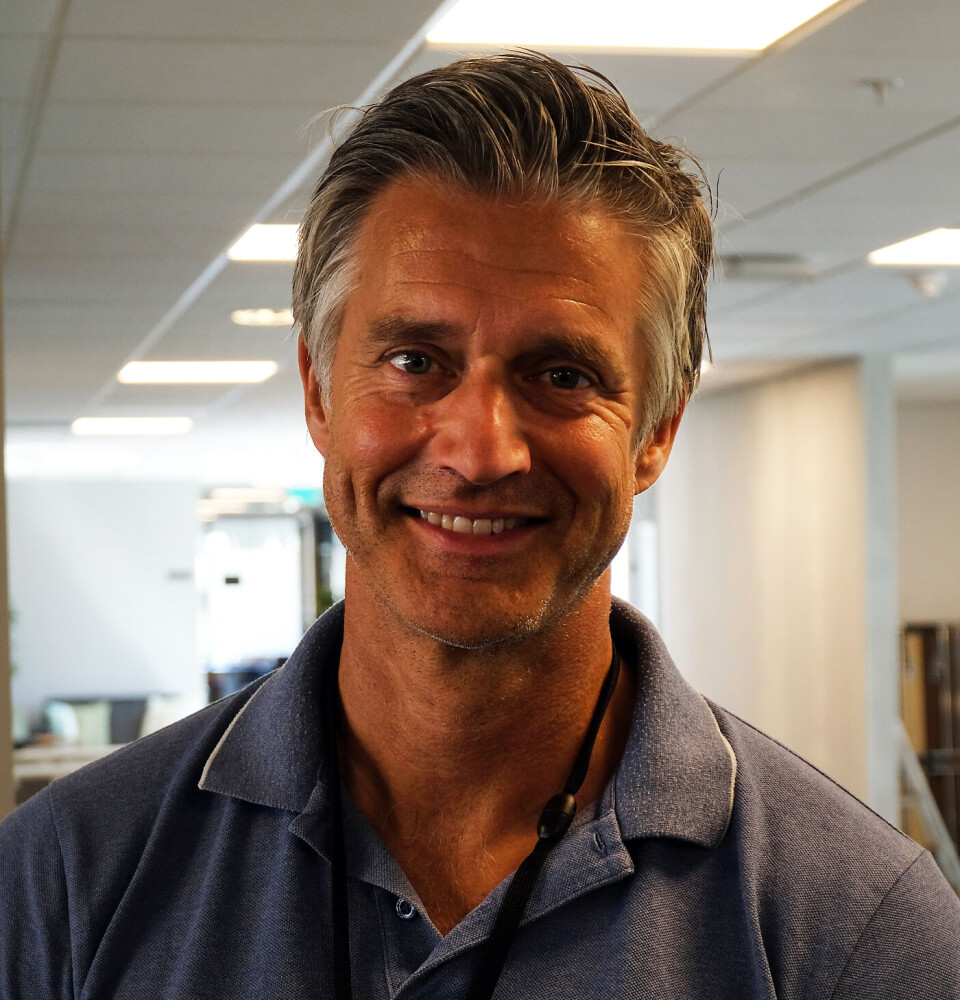
Should we forget about the climate and focus solely on fighting?
“No,” argues Øyvind Voie, who works in the Norwegian Armed Forces researching how to make the military more climate conscious.
Climate, chaos, and conflict
“The military must take climate change seriously,” says Voie.
If not, the result could be more disputes and global conflict.
“Climate change is making life harder for people in their communities,” he says.
Floods ravage cities, and extreme heat dries up drinking water.
Take Talha, for example, who lives in one of the world's hottest cities. He wishes to move.
Mass migration can spark chaos, disputes, and conflict.
“In the worst-case scenario, this could even lead to war,” says Voie.
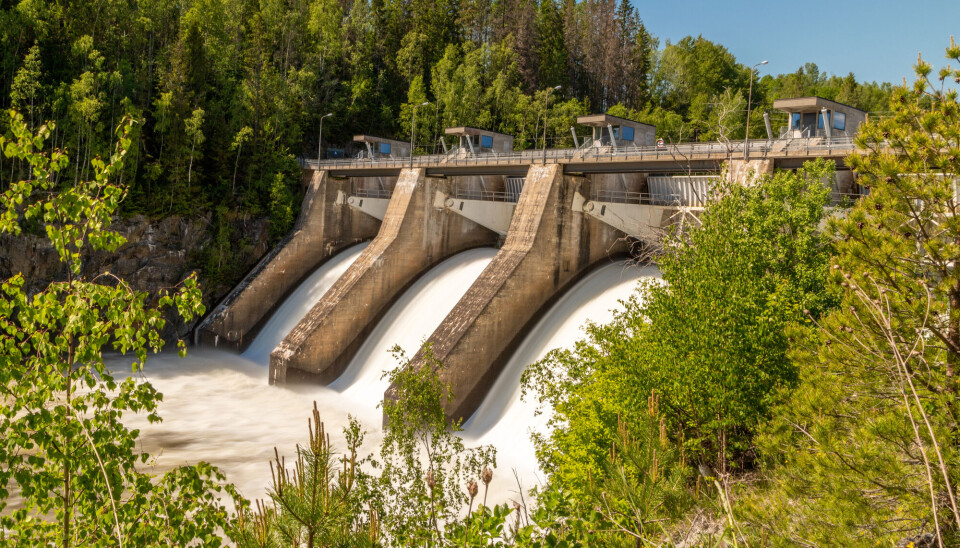
A climate offender
“Addressing climate change also means tackling the root causes of war and conflict,” says Kikki Kleiven, director of Bjerknes Centre for Climate Research.
To do so, the world must shift toward renewable energy sources like wind, water, and solar.
“The military consumes enormous quantities of fossil fuels,” says Kleiven.
Imagine if all the pollution from the global military forces came from just one country.
“In that case, only the USA, China, and India would be larger climate offenders,” she says.
War involves massive tanks, planes, and ships.
“These emit substantial amounts of greenhouse gases. We need to start using equipment with lower emissions,” says Voie.
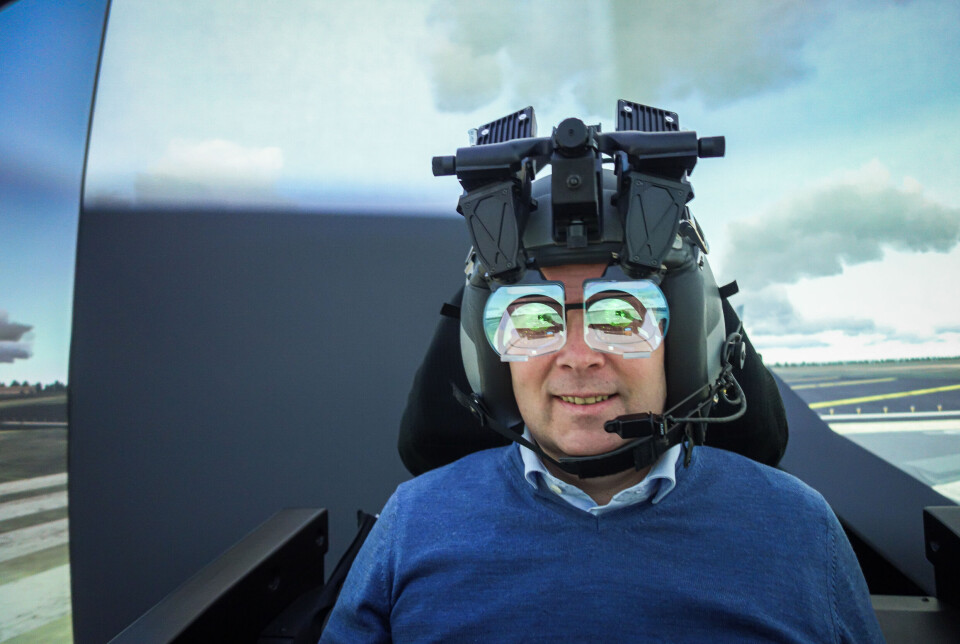
Research is essential
Researchers need to develop environmentally friendly solutions that are also reliable.
Think of mobile phones or electric buses – in extreme cold, their batteries drain quickly.
“We can’t afford such issues in the midst of war,” says Voie.
“Can large planes and tanks run on electricity?”
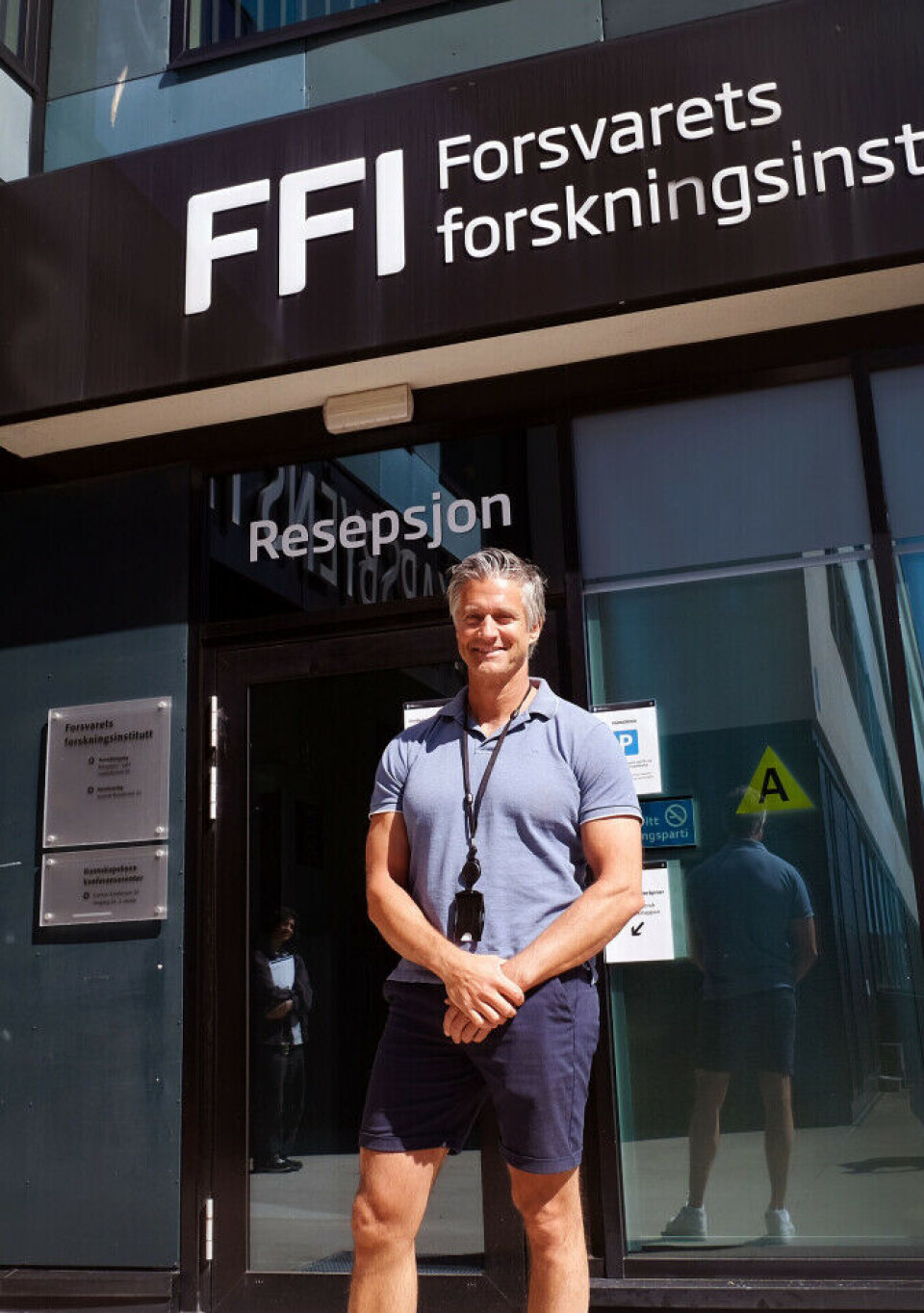
“No. We’re testing biofuels, which pollute less than conventional fuels,” he says.
Ground-based flight training
“How environmentally friendly is the military today?”
“We’re in the process of changing and becoming more environmentally friendly,” he says.
“How so?”
“For instance, we now use simulators to train our soldiers,” he says.
Instead of flying real fighter jets that produce lots of emissions, they train in machines on the ground.

The real jets remain ready for when they are truly needed.
Environmentally friendly and better
“What if Norway faces an enemy that disregards the climate and deploys massive power and emissions. What would we do then?”
“Our security is the top priority. Even though we’re moving towards more environmentally friendly equipment, we’ll still be able to defend ourselves,” he says.
Voie believes that the armed forces can be both environmentally friendly and more efficient at the same time.
“For example, by using electric drones and robots that don’t pollute,” he says.
A war ban?
“One day, we might have to make a difficult choice,” says Kleiven.
We might have to scale down the military to prevent a major ecological disaster.
“Can't the world’s nations just agree to ban war?”
“Too many people out there crave power,” says Voie.
He believes that it is unrealistic to eliminate war completely.
“Why don’t we talk more about the pollution cause by war?”
“War is destructive and brings immense human suffering. We tend to focus more on the human toll than the environmental damage,” he says.
But reducing emissions during wartime is crucial.
“If we fail to do that, we may only see more conflicts arise,” says Voie.
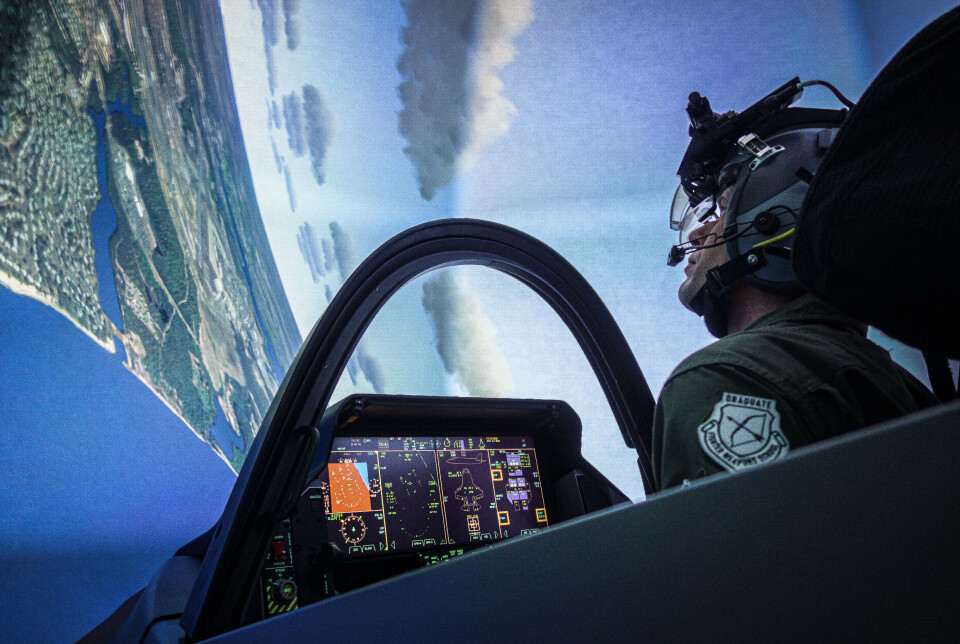
———
Translated by Alette Bjordal Gjellesvik
Read the Norwegian version of this article on ung.forskning.no





































